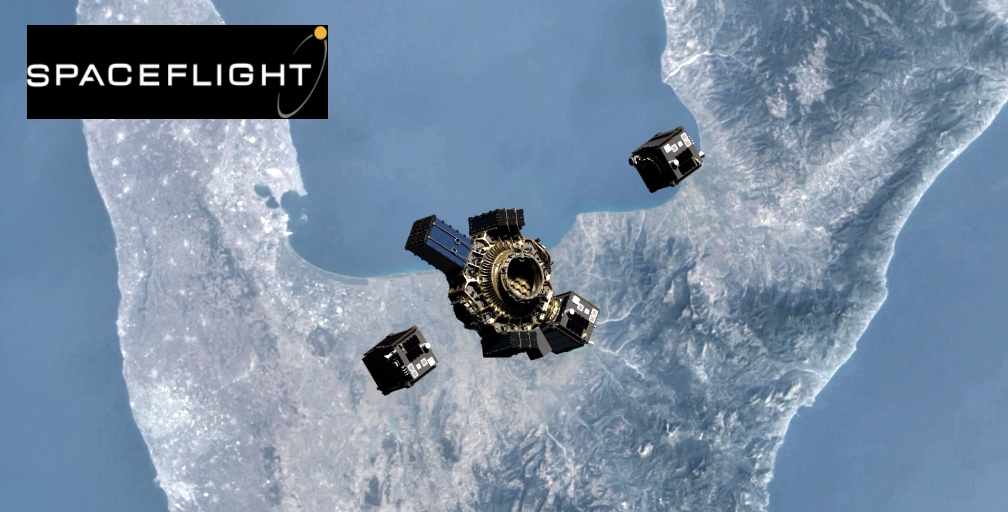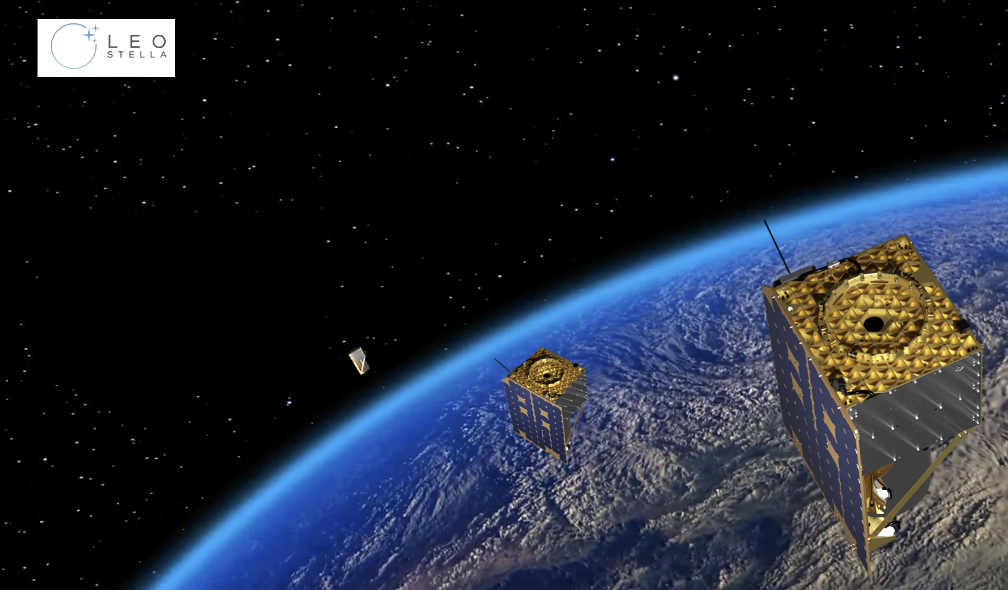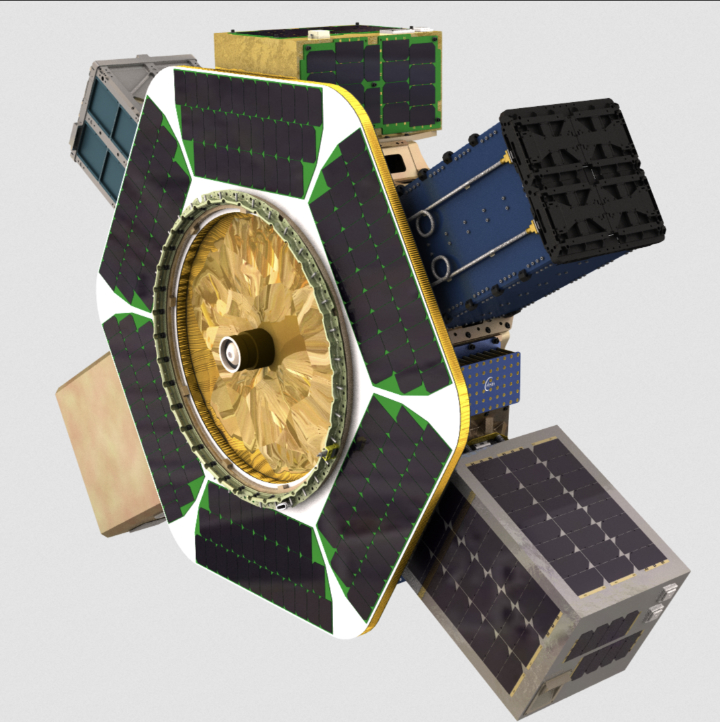
Spaceflight Inc. will launch two BlackSky (NYSE: BKSY) satellites aboard Rocket Lab’s next mission called “The Beat Goes On,” from Mahia, New Zealand. The spacecraft, now in New Zealand for the final stage of integration, were manufactured by U.S.-based satellite maker LeoStella and co-engineered with BlackSky. The two spacecraft onboard the mission will be the 15th and 16th satellites in BlackSky’s growing constellation. (Read additional information regarding this launch at this direct infolink…)

Spaceflight and LeoStella both offer services and expertise that enable a streamlined process of comprehensive, end-to-end support for BlackSky’s constellation. Everything from the satellite design and manufacturing to integration, mission management, and logistics occurred within a several-mile radius, minimizing the complexities and timeline required to support the mission.

“We are excited to support another mission with our long-standing customer BlackSky in the development of its rapidly growing constellation,” said Tiphaine Louradour, CEO of Spaceflight. “Spaceflight has managed the launch services and missions for all of BlackSky’s satellites to date and we are pleased to continue this trusted partnership to achieve another successful mission.”
“Rapid access to space is critical for our customers, including BlackSky. It requires efficient smallsat design and production and effective launch services and integration, as provided by Spaceflight,” said Tim Kienberger, CEO of LeoStella. “We greatly value the ongoing collaboration with Spaceflight and Rocket Lab. LeoStella is proud to have manufactured the last 16 satellites in BlackSky’s constellation, securing more than 29 years of on-orbit heritage and delivering 99% mission availability.”
This represents Spaceflight’s second mission of 2023. The company plans to support up to 10 launches throughout the year, leveraging its vast global network of launch vehicle providers. In addition to traditional rideshare launches, Spaceflight continues to develop its Sherpa OTV program, preparing for the debut of the next variation in its OTV – Sherpa-ES, a higher energy variant with a bipropellant, high delta-V OTV that enables smallsat delivery anywhere in cislunar space.

